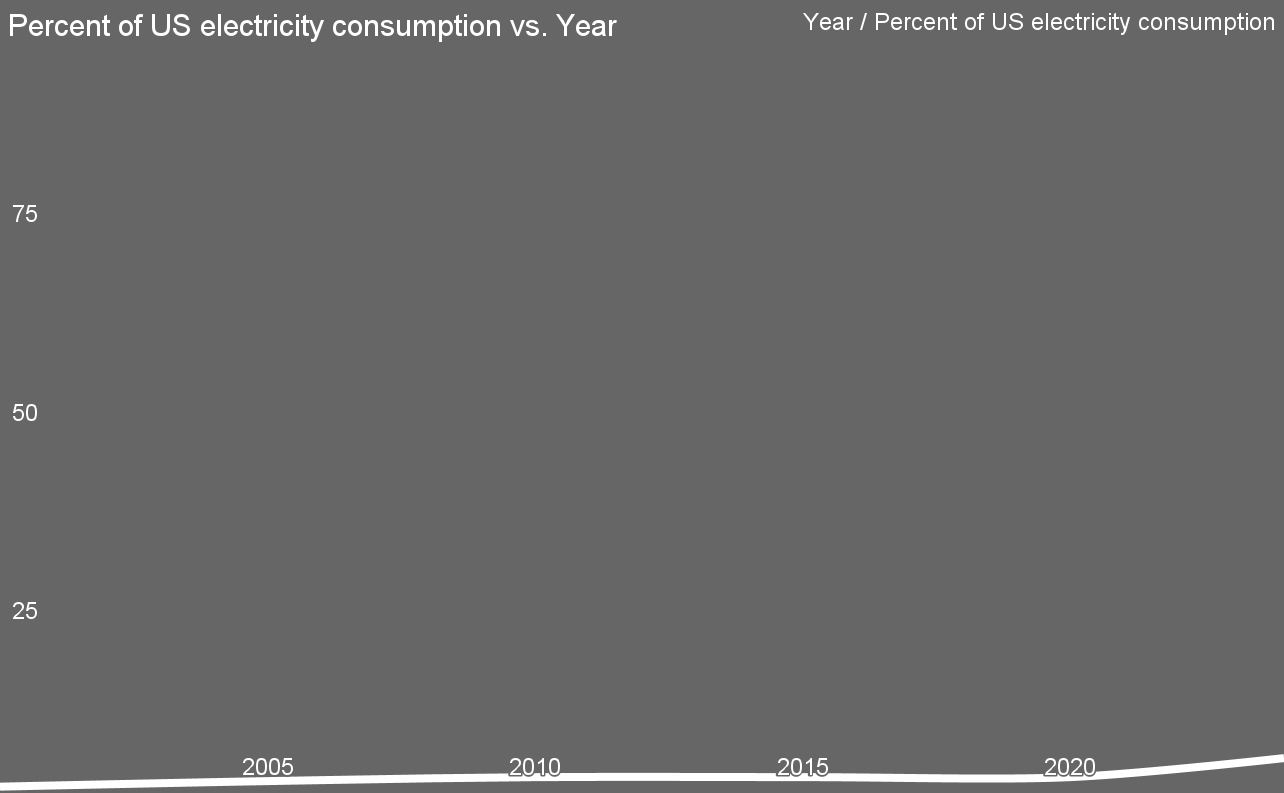Support CleanTechnica’s work through a Substack subscription or on Stripe.
Investor state dispute settlement (ISDS) treaties are an outgrowth of the nationalization movement that swept some parts of the world in the 20th century. It primarily involved US oil companies, which often struck sweetheart deals with autocratic governments that allowed then to extract a foreign country’s mineral wealth without fair compensation for the citizens of those countries. When progressive governments assumed power, they abrogated those deals by simply taking over those oil company activities within their borders.
It is easy to understand why investors fear such outcomes, as it denies them the ability to recover their investments and the profits they expected to receive. Protecting investors is an important part of international finance. Foreign countries that lack economic resources may be desperate for capital, but won’t attract the investments they need to modernize their economies if the people putting up the money are not reasonably certain their investments will be paid off as planned.
ISDS claims are an important outgrowth of the desire to promote foreign investments. Think of them like FDIC, which guarantees the savings of depositors. Because of FDIC, people feel safe putting their money in banks. The banks, in turn, take that money and invest it in the community, bringing prosperity to all. That’s the theory, anyway. The reality is quite a bit different.
ISDS agreements basically say, if your investment is compromised in any way because of court cases, inability to get proper permits, or other state-supported action, the aggrieved investors can submit an ISDS claim that will be heard by a private tribunal with no publicity whatsoever and that tribunal can issue findings that compel governments to make those investors whole using taxpayer money.
ISDS And Secrecy
Often the arbitration panels or tribunals are composed of a small group of lawyers who may serve as arbitrators in one case while representing claimants in other cases. It all gets very buddy buddy, largely because the whole process is conducted in secret. The claims are secret, the proceedings are secret, the findings are secret, and the amounts paid and to whom are secret. Are you beginning to see how abuses could creep into this system?
A 2023 report from a former United Nations special rapporteur on the human right to a healthy environment said close to one third of fossil fuel ISDS cases are settled, with the settlement documents kept confidential from the public. The claimants can seek huge amounts of compensation from governments — including unearned future profits — if they believe the value of their investment has been harmed.
Supporters of ISDS say it protects foreign investors from biased national courts and encourages investment in developing countries. Critics say the ISDS process is biased because only companies can initiate claims against governments, not the other way around. Last year, an extensive investigation by Inside Climate News showed that oil, gas, and mining companies turning to ISDS have won billions of dollars in compensation from governments, with developing countries most impacted. Cases that target climate action represent the newest wave of ISDS claims.
No New Coal For Newcastle
Last week, a group of investors from Singapore and the UK initiated an ISDS proceeding against the UK government, based on a treaty signed between the UK and Singapore in 1975. The subject of the dispute is a proposed coal mine — the first in the UK in 30 years — in West Cumbria. Recently, a British court canceled the project because it found the application materially misstated the environmental impact of the proposed mine. Now the investors want every shilling they thought they were going to make and they want it in full, and they want it now. According to Inside Climate News, the UK government has virtually no defense, according to the terms of that 1975 ISDS treaty.
In September 2024, the court agreed with environmentalists that the government had failed to consider the project’s climate impact as required by UK law. West Cumbria Mining argued that its mine would not increase greenhouse gas emissions because, among other reasons, the company would purchase carbon credits. According to court documents, burning the coal extracted from the mine over its lifetime would have added 220 million tons of carbon dioxide to the atmosphere — roughly equivalent to the annual emissions of Spain. Earlier this year, the company abandoned its permit application for the mine.
Niall Toru, senior lawyer at Friends of the Earth, said the court decision was “undeniably the right call. Now, through secretive courts, overseas investors are trying to undermine that decision. This is an outrage against democracy.”
Tom Wills, the director of Trade Justice Movement, a UK-based coalition of charities working on trade issues, added, “Unless we have government action to move against the ISDS system, climate policies will be completely unaffordable because governments will be forced to factor in huge amounts of compensation paid into fossil fuel companies.” Researchers estimate the value of oil and gas projects covered by ISDS treaties could cost governments as much as $340 billion. That estimate does not include coal projects like the one in West Cumbria.
Claims Are Extraordinary
Some ISDS claims are just staggering. A Canadian pipeline developer is pursuing a $15 billion claim against the US government over the cancellation of a permit for the Keystone XL pipeline. A US company is demanding $20 billion from Canada because Ottawa cancelled an LNG project.
In Germany, Swiss company Azienda Elettrica Ticinese has filed a claim after the early shutdown of a coal-fired generating station. The company argues that decision means shareholders will not recoup their investment or make a profit. “If a State forces an investor to sacrifice its lawful investment for the public benefit, then the State has to pay compensation,” the company said in its request for arbitration.
Legal experts and activists tell ICN costly claims are why the mere threat of an ISDS arbitration can create “regulatory chill,” meaning governments might avoid enacting environmental protections out of fear they could face expensive judgments. And yet, in July, the International Court of Justice and the Inter-American Court of Human Rights issued advisory opinions affirming that governments have binding legal obligations to urgently address climate change. Both rulings noted that ISDS treaties can have a chilling effect on governments’ climate actions.
Astrid Puentes Riaño, the current UN special rapporteur on the human right to a healthy environment, described the West Cumbria Mining claim against the UK as “backwards” and out of step with the urgent need to tackle climate change. “To safeguard the public and the planet, this type of litigation protecting private interests needs to be stopped — as the world’s court concluded.” IPCC has also identified ISDS as a hurdle to necessary climate action.
Sunset Provisions
The United States, Canada, and several European countries are trying to limit their exposure to ISDS. In 2024, the UK became the tenth country to withdraw from the Energy Charter Treaty, a pan-European pact often used by energy companies to sue governments. But withdrawing does not avoid the provisions of the “sunset clauses” included in many ISDS treaties that allow companies to bring claims for decades after withdrawal is final. And yet, even as wealthier countries seek to undo their ISDS obligations, they seek to prevent poorer nations from doing so.
Clearly, ISDS is a clear and present danger to the effective climate action that is so urgently needed. Perhaps by dragging it into the public spotlight, as ICN has done, some of the worst abuses of the system can be addressed.
Sign up for CleanTechnica’s Weekly Substack for Zach and Scott’s in-depth analyses and high level summaries, sign up for our daily newsletter, and follow us on Google News!

Have a tip for CleanTechnica? Want to advertise? Want to suggest a guest for our CleanTech Talk podcast? Contact us here.
Sign up for our daily newsletter for 15 new cleantech stories a day. Or sign up for our weekly one on top stories of the week if daily is too frequent.
CleanTechnica uses affiliate links. See our policy here.
CleanTechnica’s Comment Policy



